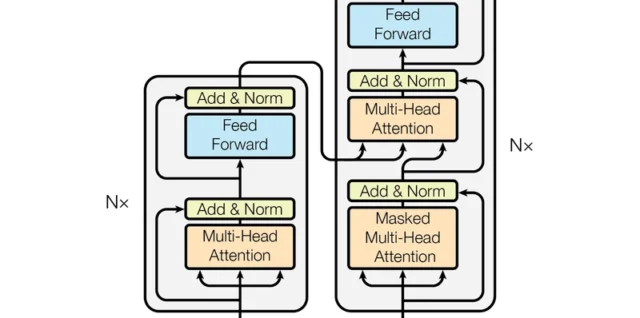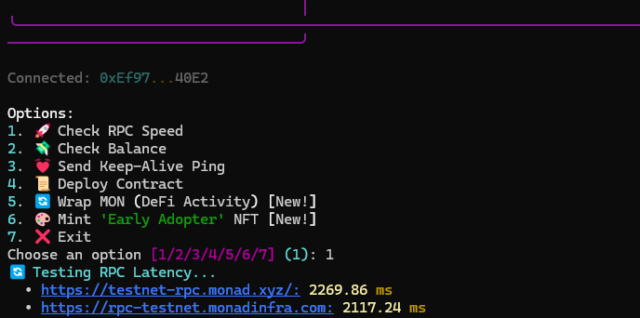
Portfolio For Sale!
Featured
FOR SALE: Turnkey Digital Real Estate Portfolio (32+ Premium Domains & Sites) Transfer from domain registrars will involve GoDaddy, Namecheap, ResellersClub, and Sav ownership transfers. Please be prepared to create Continue reading Portfolio For Sale!



